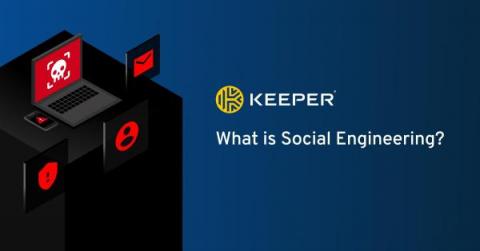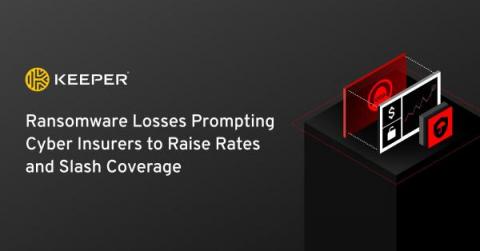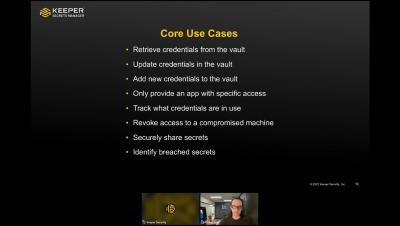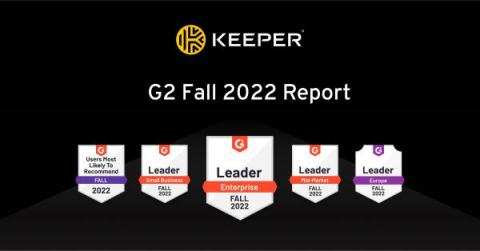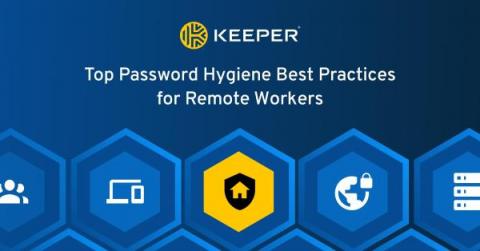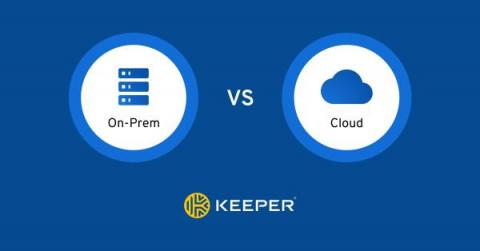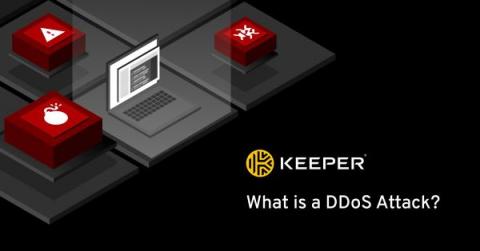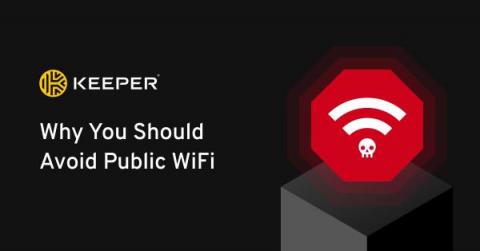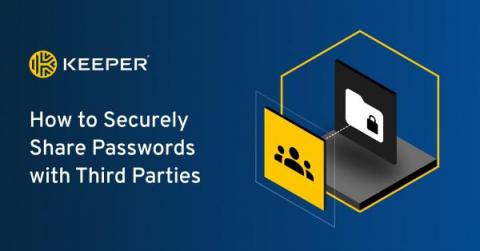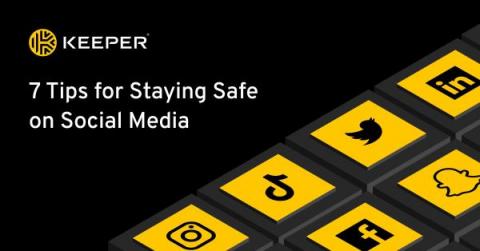What is Social Engineering?
Social engineering is the psychological manipulation used to get others to do things or reveal private information. Between 70% and 90% of data breaches involve social engineering. Social engineering is currently one of the largest cybersecurity dangers facing both small and large enterprises. These “human hacking” techniques are commonly used in cybercrime to trick unwary users into disclosing information, dispersing malware infections or granting access to restricted systems.


